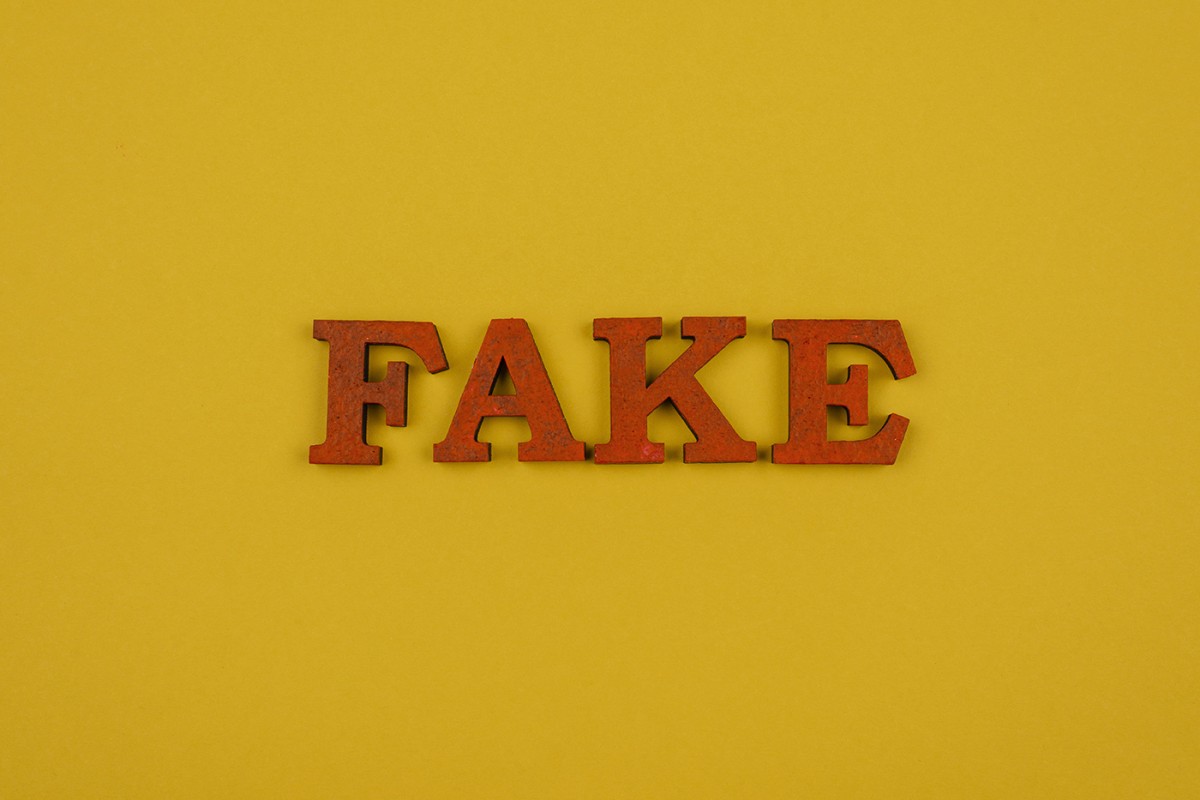Calls For New EU Regulations to Help Combat Fake Goods

An EU committee has called for renewed regulations to help combat the rise of counterfeit goods.
According to the European Economic and Social Committee (EESC) the level of imported fake, pirated and counterfeit goods has doubled over the last 10 years, which it claims is partly due to the emergence of digital trade.
The advisory board heard that sales of counterfeit products account for around 2.5% of all global trade, which equates to around $461bn – or the equivalent GDP of Austria.
The committee called for new, modernised legislation to help brands and intellectual property owners combat illicit activity given that imitators are now utilising a wide array of techniques across digital platforms.
Criminals have been using e-commerce marketplaces, websites and social media channels to advertise fake goods, often alongside the real thing.
This is all made even easier with the relative anonymity and lack of accountability that fraudsters enjoy on the internet.
IP Breaches Increasing
In a separate report, Europol states that intellectual property breaches are a ‘widespread phenomenon’ and the combination of cheap production costs and consumers enjoying cheap versions of well-known brands is thriving with the new digital approach.
In 2015, EU Customs seized over 80,000 shipments containing over 40 million products with cigarettes, batteries, air fresheners and toys among the most frequently pirated items.
As fake goods are usually made using cheaper materials or processes they may not meet the same safety standards required of consumer products in the EU market, which could pose a threat to any unwitting customers, particularly when it comes to electrical goods or children’s toys.
In addition, unlawful factories producing counterfeit material may fall foul of labour laws offering workers little or no pay or even unsafe working environments.
How E-Commerce Sites Are Helping
Although online marketplaces can pop-up from almost nowhere, some of the world’s leading e-commerce channels are starting to push forward new anti-counterfeit drives to ensure that consumers are not being duped into buying illegitimate goods.
Alibaba, the largest e-commerce retailer in the world, recently announced its Big Data Anti-Counterfeiting Alliance which will work with some of the world’s biggest brands to stop fake goods being sold on their site.
This is a huge concern for the Chinese company whose Taobao site has frequently come under fire for listing fake designer products.
Similarly, eBay has announced a third party verification scheme which allows buyers to ship high ticket items to an intermediary for analysis to check that their purchase is not a fake.
Verimaster anti-counterfeit additive technology helps brand owners protect their product range from counterfeit activity thanks to its covert identification system.
To find out how your products and manufacturing processes can benefit from Verimaster, contact us today.
← Back to blog

